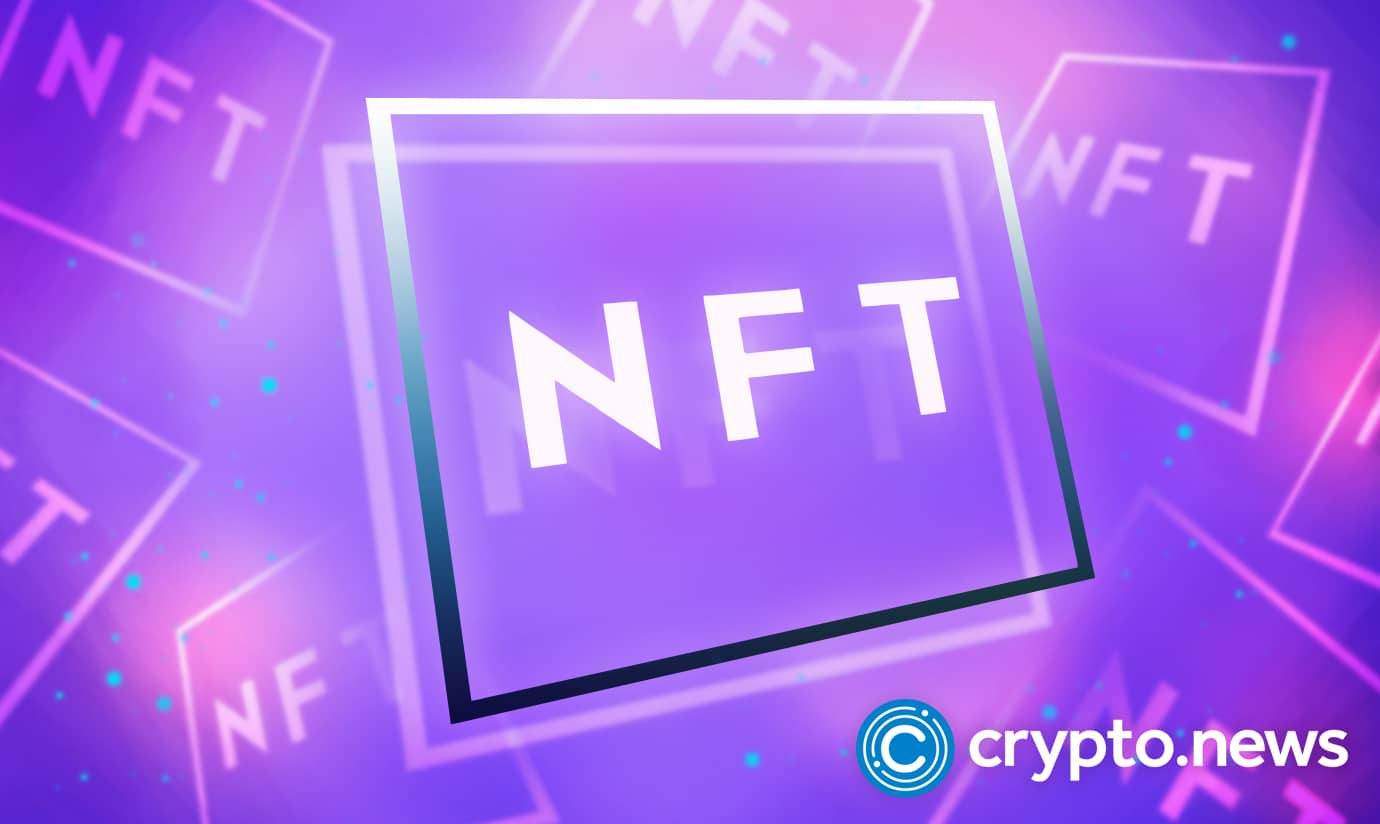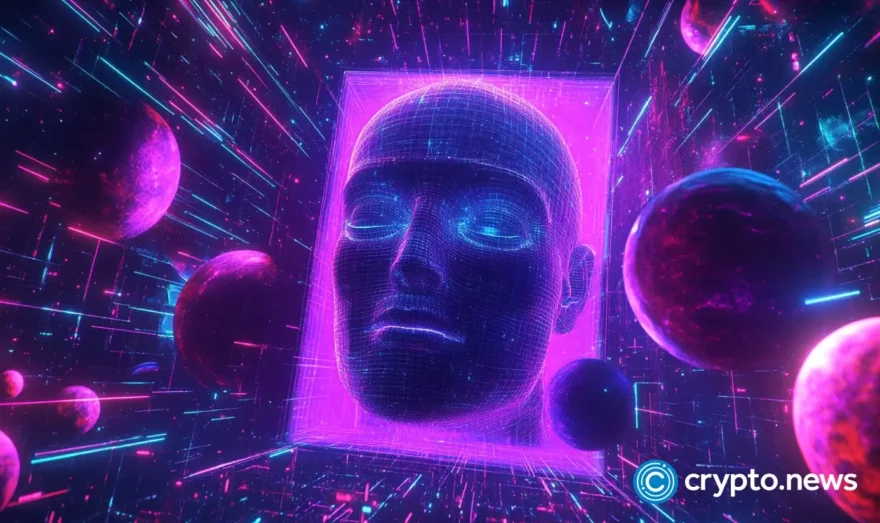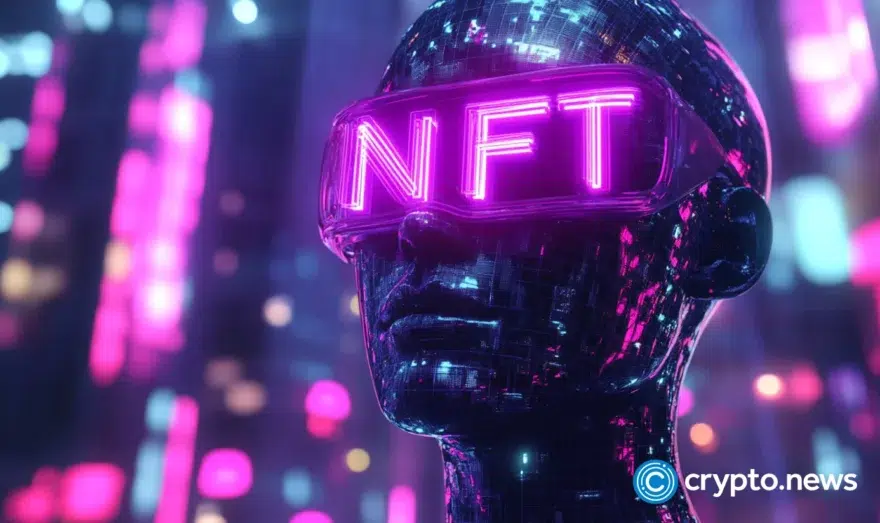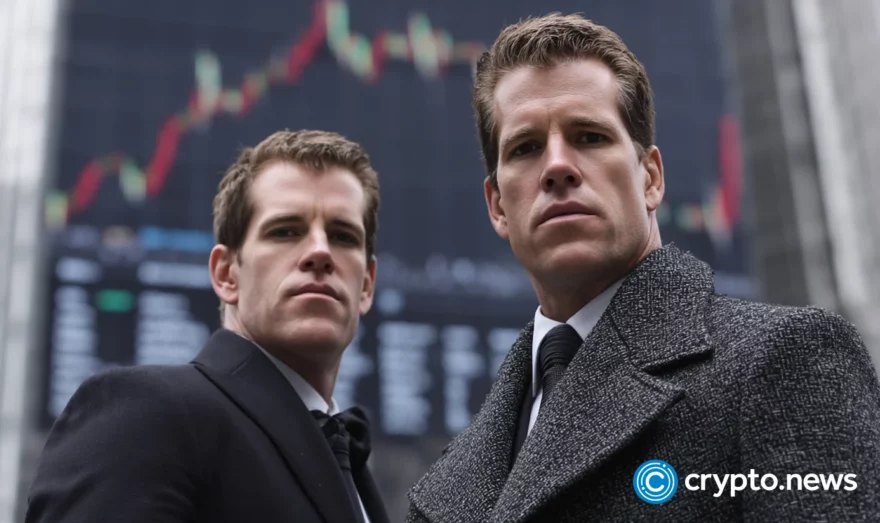Here’s How NFTs Maintain Copyrights to a Song

Non-fungible tokens, also known as NFTs, have recently grown in popularity, affecting industries ranging from fashion to video games. They are non-fungible, which means that each one is unique, and their status as a token suggests that they stand in for something else -that is, they are tied to a specific benefit or good, but the ticket itself is merely a certificate of that.
What Do NFTs Represent?
They can symbolize anything from a digital reproduction of Starry Night to a particularly well-phrased tweet.
NFTs have the potential to disrupt numerous industries. Many experts believe that NFTs will be incredibly influential in defining the future of music. NFTs might be songs, albums, music, lyrics, or soundbites. Kings of Leon was the first band to release an album as an NFT last year. Music can even be blended with digital art in jpeg or gif formats to produce one-of-a-kind works of art that contain music.
Music-related NFTs can be displayed differently depending on how they are accessed, thanks to smart NFTs that can handle several formats. An audio NFT, for example, could include a PDF document containing song lyrics or a message from a performer, which would be displayed when viewed in text-based mode.
NFTs and the Music Industry
NFTs may be advantageous to musicians. They provide a new revenue stream, which is especially crucial because streaming sites have considerably lowered the cash artists receive from their songs.
Artists can generate excitement using NFTs because of their scarcity – each can be unique, and quantity can be tightly regulated. While COVID-19 slowed his regular concert earnings, DJ Steve Aoki launched NFTs. They may be a new type of souvenir, something a fan can buy during a concert, like a tour t-shirt to remember their experience.
In practice, however, the music industry has been harmed by the copyright issues that NFTs present. Many musicians and other copyright holders are discovering their work being sold for large sums of money on NFT platforms without their consent.
Music piracy has long been a problem, especially now that widely available digital music formats have become the norm. When LimeWire and Napster first appeared on the scene in the early 2000s, they swiftly gained popularity.
These websites made music sharing via digital files available to the public, who would otherwise have to burn CDs to distribute. This rapidly resulted in pirated music being distributed throughout the internet.
While Napster was acquired and taken to court, and Limewire was sued out of business, identical websites have constantly sprung up in their stead. As new technological capabilities emerge, it is natural for piracy to follow, precisely what is happening with NFTs. NFT marketplaces, while not free to share music like their predecessors, are the next phase of music piracy.
HitPiece was launched earlier this year as a marketplace for selling music as NFTs – one of each recording. It advertised exclusive access to the NFT versions of fans’ favorite songs, as well as other perks, such as access to unique encounters with the musicians behind the tunes.
However, these NFTs were not authorized, created, or sold by the artists or any other song rights owners. There was considerable public outrage from music industry professionals in response to a corporation they had never spoken to illegally benefitting from their work. HitPiece was able to grab songs and mint them as NFTs using Spotify’s API, demonstrating how simple this could be for anyone.
After the negative reaction, including a scathing statement from the Recording Industry Association of America, HitPiece voluntarily shut down its operations. However, as of the time of writing, the corporation has not been involved in any legal proceedings. The music sector remains vulnerable in NFT markets.
Future Perspective: Solutions
In the end, improved NFT copyright enforcement in the music industry will be advantageous to artists, copyright holders, and NFT purchasers who do not wish to purchase fake NFTs.
Artists’ requests for NFTs and linked marketplaces to take more action against copyright infringement have been heard. Blockchain notifications have been set up on artist promotion websites like DeviantArt to inform users when something classified as an NFT is discovered there. For instance, this might be done in the music industry using a website like Spotify.
Some third parties see an opening outside marketplaces and music platforms to enter the market. A third company, MarqVision, keeps an eye on websites that work with them to prevent NFT fraud.
Additionally, there is a chance for the government to intervene. After 24 years after it was enacted into law, the DMCA is still ill-equipped to control a wide range of digital developments, including NFTs. Although COVID-19 hindered progress in this area, modifications that have been presented in Congress may soon become law.
To strengthen copyright protection in the NFT sector, there is still considerable work to be done in the area. Not everyone is hopeful, even though some of the abovementioned alternatives might catch on. According to one expert, artists must quit producing art to prevent copyright infringement since con artists would “always be able to outsmart them.”
In any case, those working in the music industry should be aware of how susceptible their work is to copyright violations and consider keeping an eye on NFT platforms. And if somebody is considering purchasing an NFT, they should be sure there is no chance it violates any copyright.
Conclusion
NFTs are not simply another trendy abbreviation. NFTs appear prepared to revolutionize the music business when you carefully consider their value propositions, which include the opportunity for more equitable compensation, increased cooperation and remixing, and tried-and-true appeals to scarcity. It will be crucial for NFTs to constantly reinvent themselves and artistically develop—just like the musicians they sponsor.













